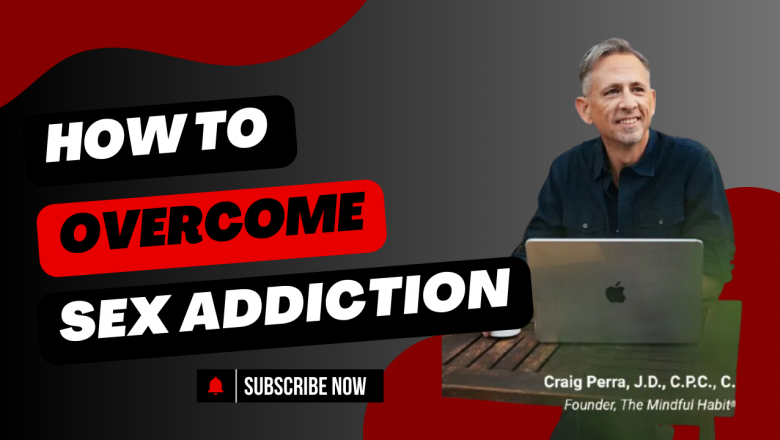149
views
views
For those struggling with sex addiction, the addiction itself is often just one part of the challenge. Beneath the surface lies a deeply rooted sense of shame and self-blame that feeds the cycle of addiction, creating feelings of isolation, guilt, and even despair.






















Comments
0 comment